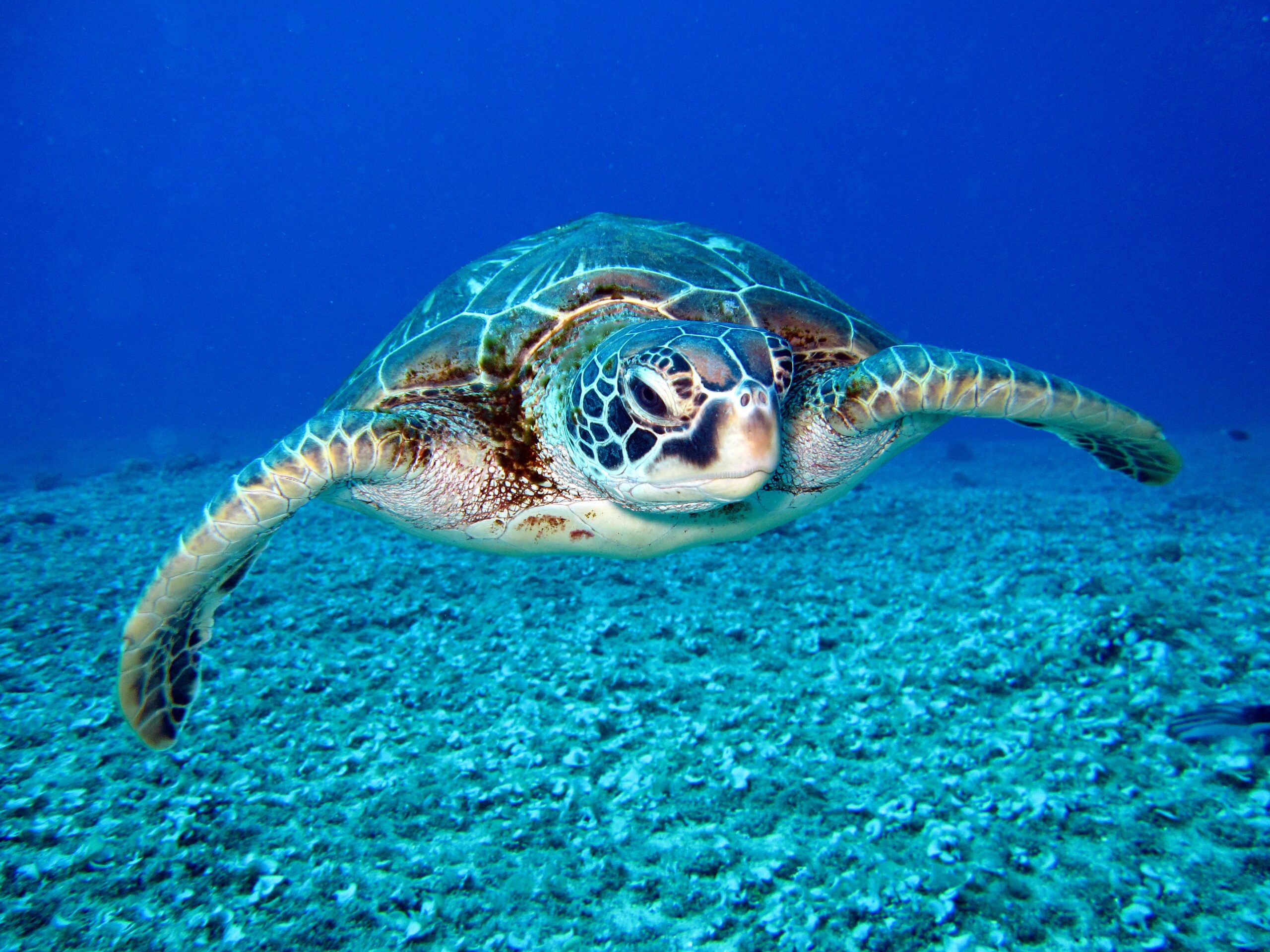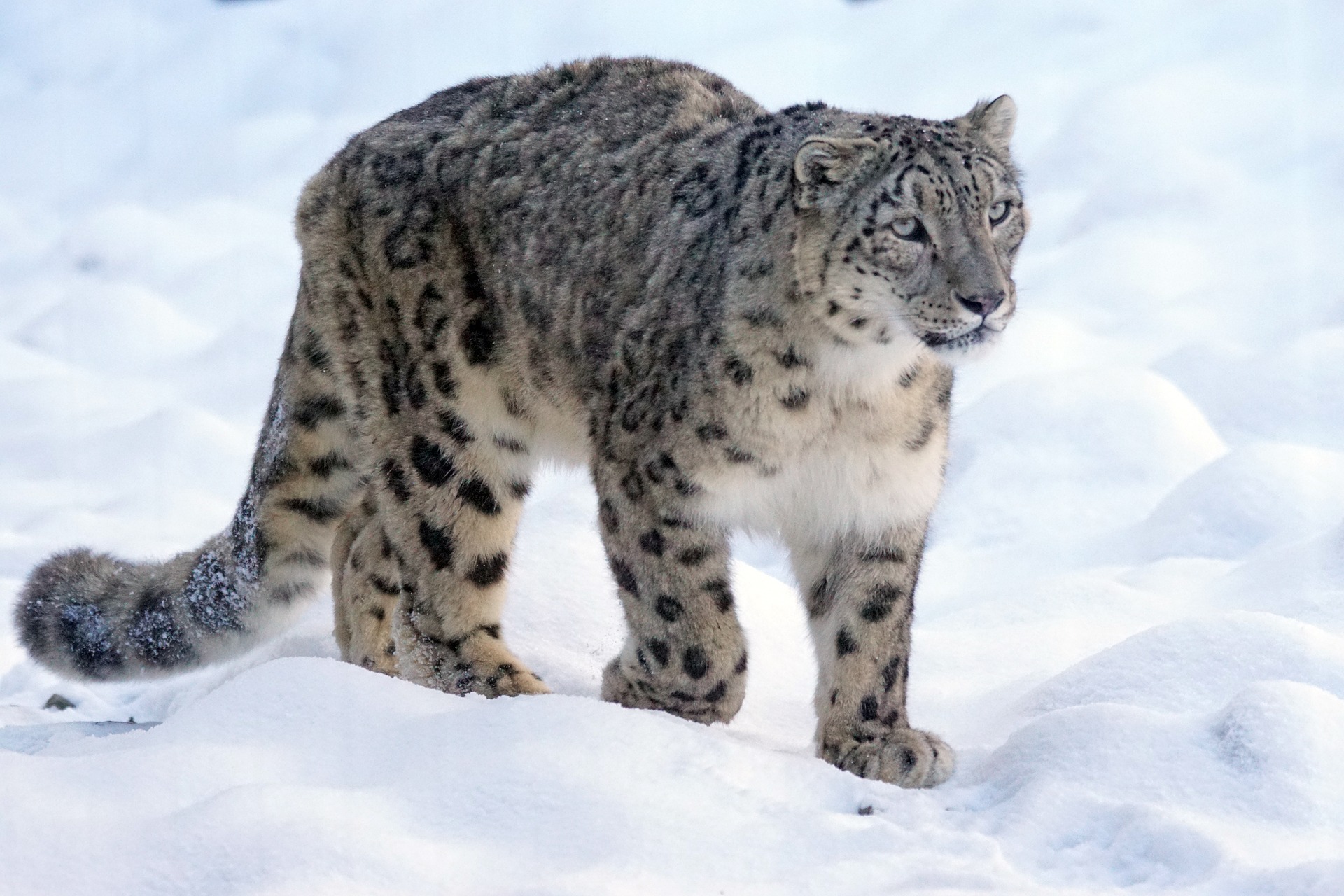Detecting and Interdicting Illicit Wildlife Trafficking Supply Chains
A collaborative, multi-institution, interdisciplinary project with the University of Maryland as the lead, this project promotes economic welfare, progress of interdisciplinary science, and advances understanding about how illegal wildlife supply chains react and respond to policy, law enforcement, and/or market interventions. Wildlife trafficking generates an estimated $23 billion annually for the global criminal economy; it can undermine national security, decrease economic prosperity, and fuel social conflict both in the U.S. and abroad. The research will build fundamental insight about how different computational approaches aid methods for detecting network patterns in illicit wildlife supply chains. Results will build new understanding about how illicit wildlife supply chain organizations operate (even using legal networks at times), and will help inform resource allocation, monitoring and enforcement, and communication facilitating interdiction activities to combat wildlife trafficking. Further, the award will benefit decisions about how, when, and where to intervene and disrupt illicit wildlife supply networks.
Goals
To understand wildlife trafficking supply chains (WTSC), including decision points, participant behavior, dynamic linkages between component parts, and convergence with legal supply chains. We will measure operations in a real world system, develop GIS and computational models about system operations, predict resiliency, and test scalability, model performance, and convergence with other WTSCs. These findings can also be applied in other societal domains.

Methods
Using existing data from an illicit WTSC, we will create qualitative framework models associated with decisions about WTSCs, produce methods to detect WTSC weakness and resilience patterns, and generate new models and solutions for building on techniques for network design optimization (i.e., multi-armed bandit), the orienteering problem, and green security games.

Meredith Gore, PI
Bistra Dilkina, Co-PI
Stanley Griffis, Co-PI
Burcu Keskin, Co-PI
John Macdonald, Co-PI
Milind Tambe, Co-PI
Hannah Murray
Aaron Ferber (graduated)
National Science Foundation
The Cool Down, July 2, 2025, Researchers develop game-changing method to help combat illegal trade: ‘We urgently need to address it more effectively’
Business World, June 30, 2025, Prioritizing prevention through advanced technology
Phys.org, June 4, 2025, AI uncovers hidden airport hotspots that support global wildlife trafficking
USC Viterbi School of Engineering, June 4, 2025, Researchers Uncover Hidden Airport Hotspots in Global Wildlife Trafficking Using AI
USC Keck School of Medicine News, April 21, 2020, Scientists track the link between wildlife and COVID-19



